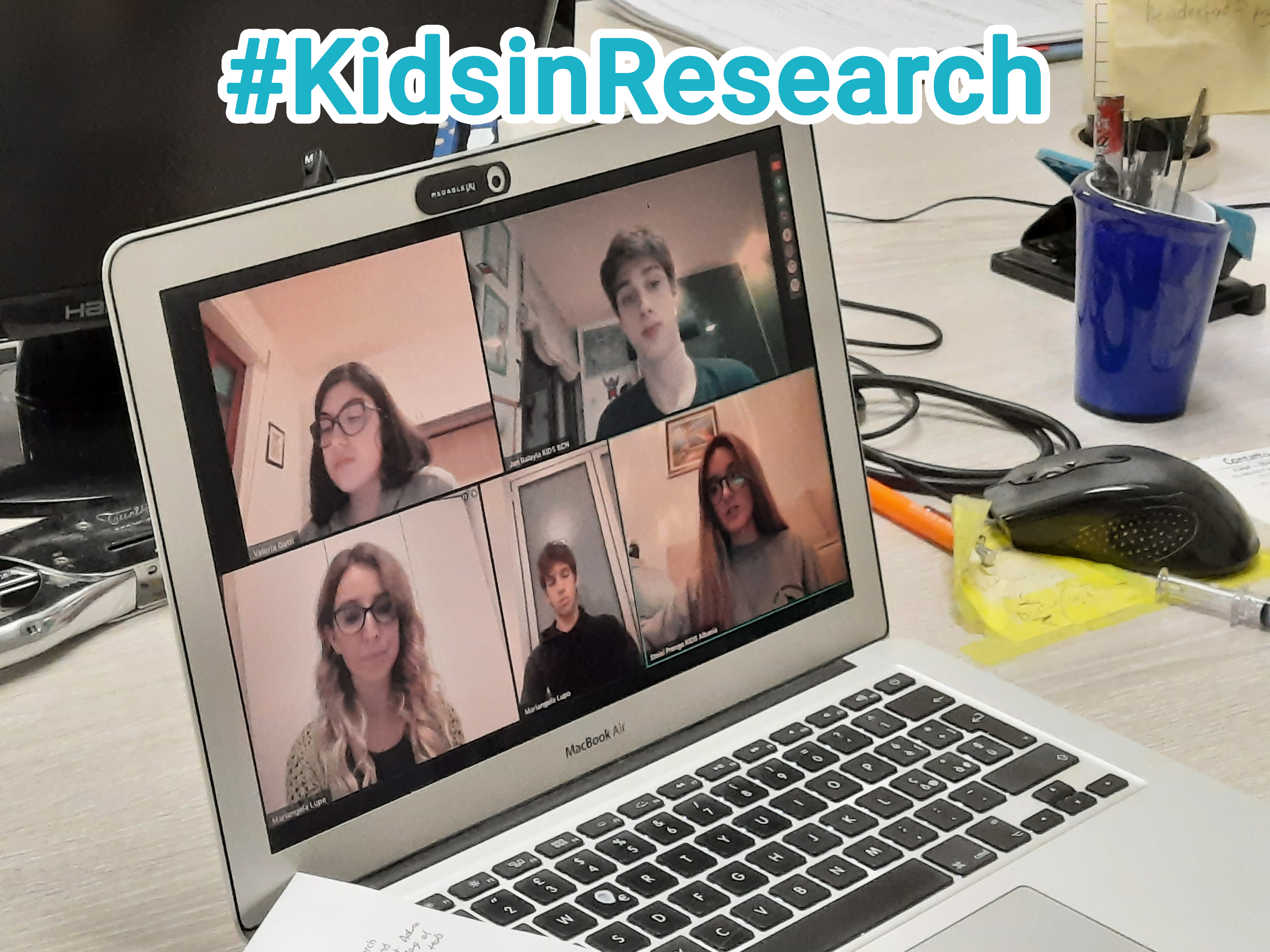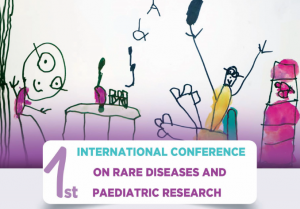The 1st International Conference on Rare Diseases and Paediatric Research took place virtually on 18-19 November 2021. Organised by 95, Rare Alliance Greece together with Consorzio per Valutazioni Biologiche e Farmacologiche (CVBF) and “Athena” Research Center in Information, Communication and Knowledge Technologies, the Conference was a great occasion to discuss the challenging topics related to research in paediatric and rare diseases, enhancing the professional competences for the development of expertise in the fields of rare diseases and paediatric research, and fostering innovation and knowledge-sharing.
High level professionals’ representatives from the European Commission, European Parliament, European Medicines Agency, National Government representatives, Patient Associations and international Networks and Organisations were among the speakers.
TEDDY Network was one of the supporting institutions of the Conference and played an important role during the ‘Hot topics’ session chaired During the session, the importance to engage young patients into scientific discussions, to help ensure research, medicines development and regulatory outcomes wa s highlighted. In this view Annagrazia Altavilla, Chair of TEDDY, presented the very relevant initiative carried out by the Council of Europe on the involvement of children in the decision-making process on matters regarding their health. A roundtable with the young people was chaired by Mariangela Lupo (Networking and Patients Advocacy Manager at TEDDY) to give kids the opportunity to have their voce heard and provide real examples of their participation in research.
s highlighted. In this view Annagrazia Altavilla, Chair of TEDDY, presented the very relevant initiative carried out by the Council of Europe on the involvement of children in the decision-making process on matters regarding their health. A roundtable with the young people was chaired by Mariangela Lupo (Networking and Patients Advocacy Manager at TEDDY) to give kids the opportunity to have their voce heard and provide real examples of their participation in research.
The different speeches held during the Conference examined the current scenario of orphan and paediatric medicines that is characterised by many well-known difficulties. The need to enable the eco-system of research and drug development in rare diseases to allow all people living with a rare disease to receive an accurate diagnosis, care, and available therapy within one year of coming to medical attention was stressed.
To enable this change, new practices should become standard elements of the development framework. Therefore, in order to fully integrate these new elements within a defined development plan generating better data quality and shorter development timelines and lower development costs/ better R&D efficiency, the entire development framework should be re-engineered.


